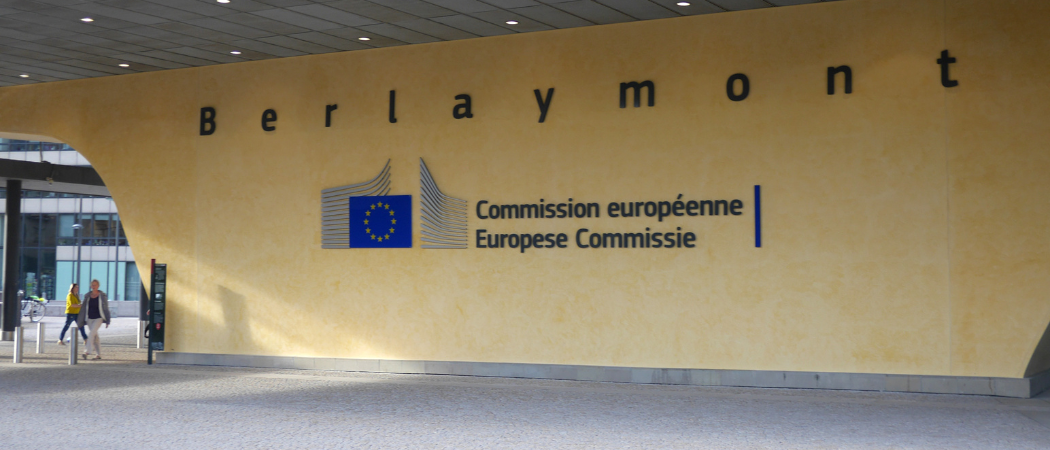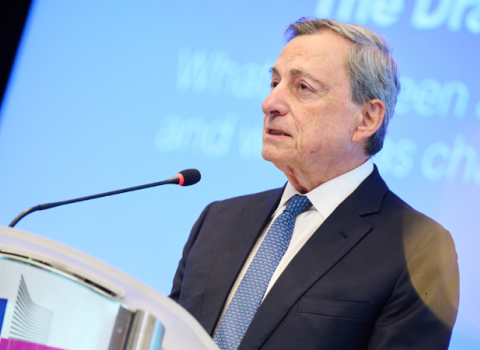The expert group set up to advise on the next EU research framework programme will hold its first meeting in early December. Group members will be named soon

The main building of the European Commission in Brussels. Photo: Flickr
The European Commission is set to announce who will sit on the independent expert group advising the EU on the future research and innovation programme, FP10, in the coming days.
“We are currently in the finalising stages of the selection process and setting up the expert group on the interim evaluation of Horizon Europe,” a Commission spokeswoman said. “We will communicate once all legal and contractual obligations are finalised.”
The group will be asked to weigh in on the evaluation of the current EU research programme, Horizon Europe, and come up with a vision for the next one. It will have one year to do so.
The group’s report will then feed into the drafting of the Commission proposal for FP10, to be presented in mid-2025.
In recent months, the Commission has been collecting evidence for the evaluation of the first half of Horizon Europe and of its predecessor Horizon 2020, including a three-month public consultation.
Alongside internal discussions in the Commission, this evidence will inform the expert group’s work. “This brainstorming phase is the segment to gather themes and thoughts to then nourish the reflection process, which will take place in a high-level expert group,” Marc Lemaître, head of the EU research directorate, told Science|Business in July.
The group will kick off with a meeting in early December. The Commission, which picked the members from 359 applications, promises it will be made up of experts from academia, industry and civil society, ensuring gender, age and geographical balance.
The model for the ‘new Lamy group’ is the 12-expert group led by Pascal Lamy, former EU trade Commissioner and head of the World Trade Organisation, which advised the Commission on the drafting of Horizon Europe in 2017.
While the new Lamy group assembles, the European Parliament and the research community have made opening bids for FP10. They are demanding a doubling of the budget to €200 billion.
Elsewhere in Brussels, member states are working on their own report on FP10 at the European Research Area and Innovation Committee (ERAC). The report, due by June 2024, will be a key guiding document as it represents the view of the member states, which alongside the Parliament will have the final say on the budget and structure of the programme.
ERAC’s draft report, seen by Science|Business, strives to strike a different balance between basic and applied research, enable more strategic international cooperation, and to enhance synergies with other funding streams in the next EU research programme.





 A unique international forum for public research organisations and companies to connect their external engagement with strategic interests around their R&D system.
A unique international forum for public research organisations and companies to connect their external engagement with strategic interests around their R&D system.